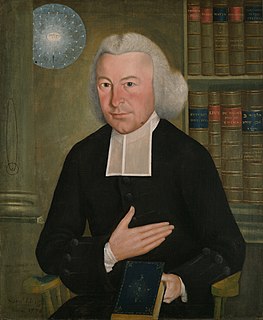A Quote by Michael Pollan
My whole interest in food grew from my interest in gardens and the question of how we engage with the natural world. To go back even further, I got interested in gardens because I was interested in nature and wilderness and Thoreau and Emerson.
Related Quotes
My favorite thing is landscaping. I love landscaping. And so what I'll do is, mostly I put language into search engines, and if I want to look, like, at tulip gardens, or, like, Georgian gardens, i love English gardens, how they're laid out. Japanese gardens, Asian gardens. So, I'm kind of a frustrated landscaper.
As for the meaning of gardens, particular gardens may have, of course, all sorts of different meanings - emotive, historical, emblematic, religious, commemorative, and so on. But I think that good gardens all signify or exemplify an important truth about the relationship of culture and nature - their inseparability.
Everybody needs beauty as well as bread, places to play in and pray in, where Nature may heal and cheer and give strength to body and soul alike. This natural beauty-hunger is made manifest in the little window-sill gardens of the poor, though perhaps only a geranium slip in a broken cup, as well as in the carefully tended rose and lily gardens of the rich, the thousands of spacious city parks and botanical gardens, and in our magnificent National parks — the Yellowstone, Yosemite, Sequoia, etc. — Nature's sublime wonderlands, the admiration and joy of the world.
The greatest change we need to make is from consumption to production, even if on a small scale, in our own gardens. If only 10% of us do this, there is enough for everyone. Hence the futility of revolutionaries who have no gardens, who depend on the very system they attack, and who produce words and bullets, not food and shelter.
Does the unmistakeable intent of Versailles to proclaim dominion over nature destroy its aesthetic appeal, as Schopenhauer thought? Does the greenness of the lawn lose its allure when we learn how much water, sorely needed elsewhere, it uses? And historical shifts in garden taste - from formal, 'French' gardens to 'Capability' Brown's landscapes, for instance, or from the elaborate gardens of imperial Kyoto to Zen 'dry' gardens - register important changes in philosophical or religious attitudes.



































